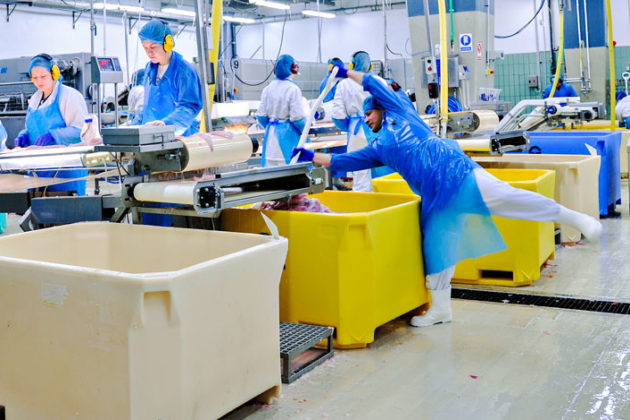Making more from the same type of fish

While Iceland's filleting industry is viewed as strong and profitable, the Norwegian industry is described with terms such as crisis, losses, bankruptcies and closures.
This despite both Norway and Iceland producing and exporting relatively similar products of cod, haddock and saithe to the same global markets.
An Icelandic master student was tasked with analysing accounts, landing data and export figures from 2003-2012 to determine whether the Icelandic filleting industry has developed permanent competitive advantages, and if so, which advantages and whether they may be copied by Norwegian industry.
The analysis shows that the filleting industry in Iceland is more profitable than in Norway. An important cause is how the businesses are organized.
In Iceland there are more large companies that control the entire value chain – from catch to export. In Norway this is unusual due to statutory limitations. The greater the control of the value chain by the Icelandic companies, the more profitable they were.
Norway has an advantage in terms of the volume of white fish. However, Iceland has an advantage in terms of the migratory patterns of the fish. Icelandic vessels can catch fish the year round close to shore, thus the industry has good access to fresh raw material throughout the year. In Norway the cod season is short and hectic, because the cod is far out to sea for most of the year. If Norway succeeds with catch-based aquaculture, this could compensate for this.
Icelandic businesses are more market-oriented than Norwegian counterparts. They export a larger share of fresh fillets, and they catch a lot with hook gear that yields very high quality.
“We can’t do much about biological and geographical issues, but we can try to copy Iceland’s advantage through the design of management. For example by making greater allowances in terms of financial organization, the design of catch regulations and greater opportunities to transfer quotas between vessels”, says research manager Bent Dreyer of Nofima.
Dreyer was a supervisor for David Bragi Björgvinsson, who wrote the master’s thesis at Norway’s Arctic University in Tromsø.
Contact person
Research areas
